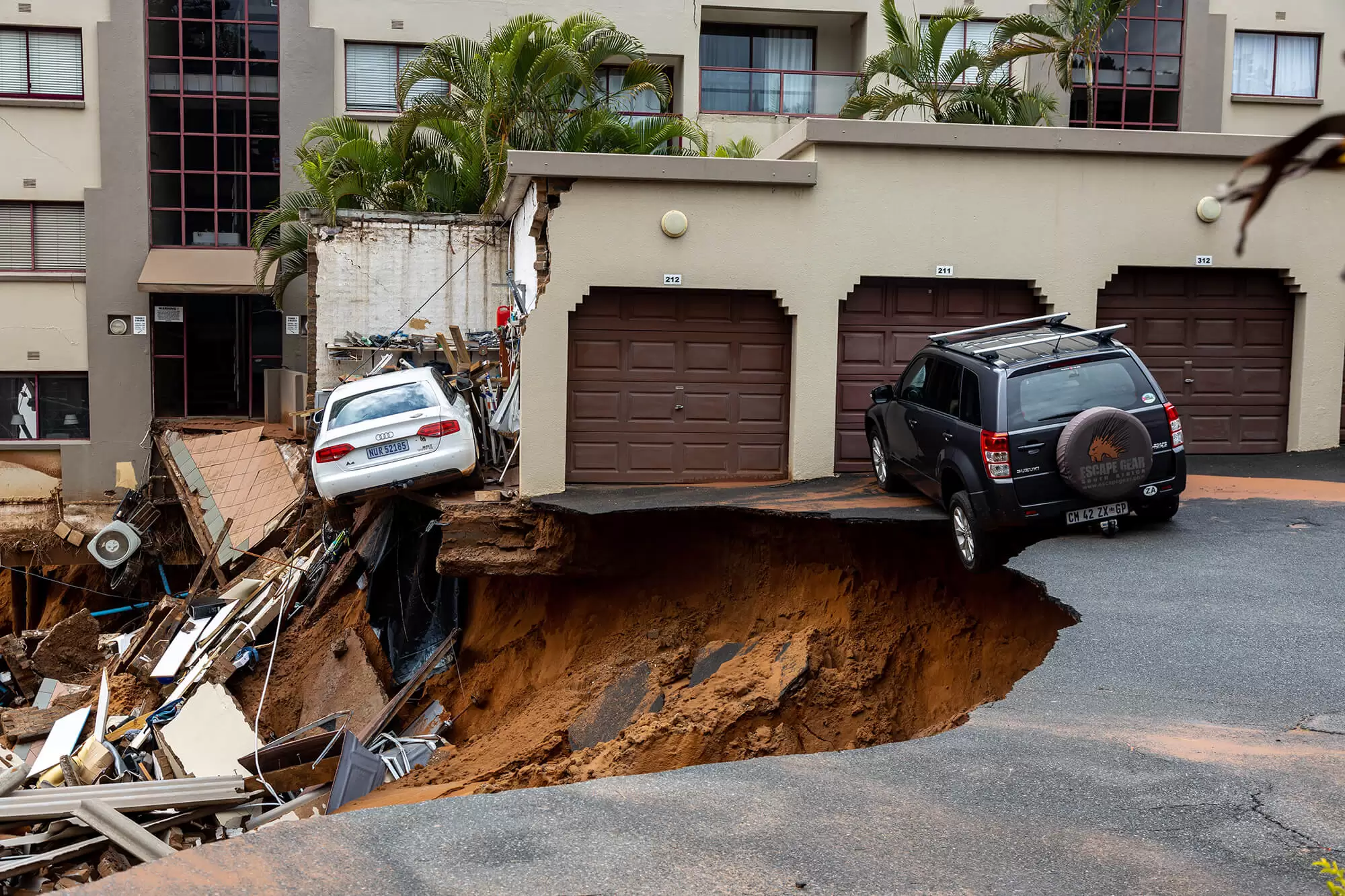The impact of climate change on the economy of South Africa and Mozambique.
Climate change poses a significant threat to the economic stability of South Africa and Mozambique, with both countries grappling with the consequences of increased temperatures, irregular rainfall, and a marked increase in the frequency and intensity of extreme weather events, such as tropical cyclones. These environmental changes are not just abstract global issues; they translate into direct economic challenges, impacting agriculture, tourism, and the overall infrastructure of these nations. The repercussions are wide-ranging, from jeopardizing food security and altering tourist attractions to necessitating costly reallocations of government budgets for adaptation strategies. The following points highlight specific factual examples of how climate change is reshaping the economic landscapes of South Africa and Mozambique, underscoring the urgent need for concerted climate action.
Climate change significantly impacts the economies of South Africa and Mozambique, with effects permeating through agriculture, tourism, and infrastructure due to increased temperatures, erratic rainfall, and extreme weather events like tropical cyclones. These changes necessitate a shift in economic and resource management strategies to mitigate adverse outcomes.
The impact of climate change on the economy of South Africa
In South Africa, the agricultural sector is facing challenges with droughts and changing precipitation patterns affecting crop yields, leading to food security issues and rising food prices. This sector’s struggles have direct implications on the country’s GDP and employment levels. Additionally, the tourism industry is at risk as biodiversity and scenic landscapes, crucial for attracting tourists, are threatened by climate change. The economic burden of adapting to these changes also means reallocating government budgets from essential services like health and education to address climate impacts.
- Agricultural sector: The 2015-2016 drought, one of the worst in decades, significantly reduced maize yields, leading to food security issues and increased food prices.
- Tourism industry: Climate impacts on biodiversity and scenic landscapes, such as the Table Mountain National Park, pose risks to tourist attractions, potentially reducing tourist numbers and revenue.
- Government budget reallocation: Funds are increasingly diverted from essential services to address and adapt to climate impacts, affecting overall economic stability.
The impact of climate change on the economy of Mozambique
Mozambique’s vulnerability is heightened by its long coastline, making it prone to severe weather events like cyclones and floods. These have become more frequent and intense, linking directly to the country’s economic challenges. The agricultural sector suffers as these events disrupt activities and trade, significantly affecting livelihoods and food security. Rising sea levels threaten coastal communities and infrastructure, including homes and tourism sites, placing further strain on the economy. The frequency of tropical cyclones is a critical concern, as these events cause extensive damage, necessitating significant economic resources for recovery and rebuilding efforts.
- Frequency of tropical cyclones: Cyclone Idai in 2019 was one of the worst tropical cyclones on record to affect Africa and the Southern Hemisphere, causing widespread destruction and long-term economic impacts.
- Agricultural disruptions: The cyclone and subsequent flooding severely impacted agricultural production, leading to immediate food shortages and long-term food security challenges.
- Coastal infrastructure: Rising sea levels and increased cyclone activity threaten coastal communities, homes, and tourism sites, necessitating significant investment in adaptation and recovery efforts.
Looking for something specific?
Did You See These?
- What Are the 6 Effects of Desertification?
- Easy Ways to Calculate Magnetic Declination
- Name the plate on either side of the plate boundary that runs along the west coast of South America
- What is the Highest Mountain in Gauteng
- Why are fold mountains found along the west coast of many continents?
- How Geography is Important in Understanding the Causes and Impacts of Earthquakes
- Distinguishing between Igneous Rock and Sedimentary Rock with the Naked Eye
- How Scarp Retreat Causes the Development of Canyon Landscapes

